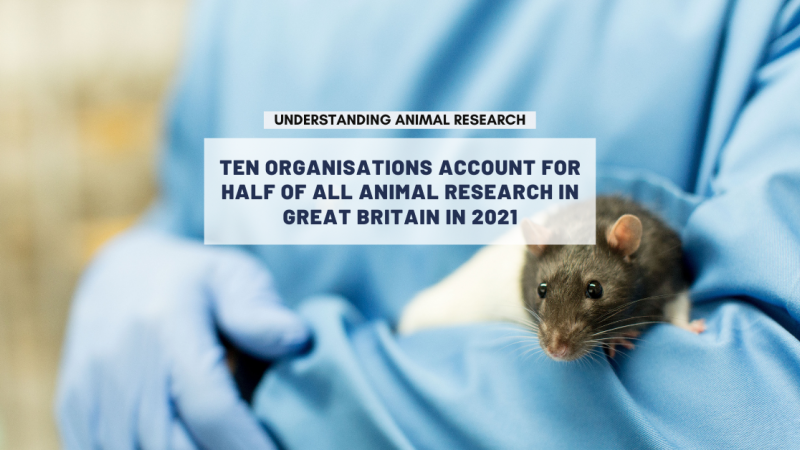Text to go here...
 Brain cancers caused by malignant gliomas account for around 3,000 deaths in the UK each year. Unfortunately, the outlook for patients with malignant gliomas is poor. For patients with the most aggressive form of malignant glioma median survival is 9 to15 months with the best available therapies. These treatments include surgery followed by radiation therapy and then chemotherapy with temozolomide.
Brain cancers caused by malignant gliomas account for around 3,000 deaths in the UK each year. Unfortunately, the outlook for patients with malignant gliomas is poor. For patients with the most aggressive form of malignant glioma median survival is 9 to15 months with the best available therapies. These treatments include surgery followed by radiation therapy and then chemotherapy with temozolomide.
Researchers have now identified a cellular pathway that cancer stem cells use to promote tumor growth in brain tumors. They found that existing medications which block this cancer-promoting pathway delay glioma growth in mice, suggesting a new treatment option.
Cancer stem cells produce elevated nitric oxide. Nitric oxide is produced in cancer stem cells through increased levels of the enzyme nitric oxide synthase 2 (NOS2). Decreasing the level or activity of this enzyme was found to reduce cancer stem cell growth. When drugs inhibiting the NOS2 enzyme were given to mice with gliomas, the growth of the tumours was delayed. Using the US National Institutes of Health database of glioma specimen data, they also found that increased levels of this enzyme are associated with decreased survival of glioma patients. Targeting this pathway could therefore provide benefits for glioma patients.
Medications inhibiting the NOS2 enzyme have been evaluated in patients for the treatment of other diseases and had minimal toxicity. NOS2 inhibitors may be a potential new therapy for this lethal disease.
Last edited: 29 July 2022 13:55



